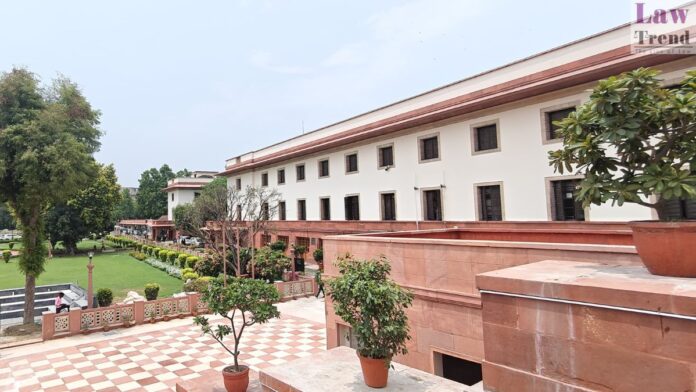In a significant judgment, the Supreme Court of India has ruled that a person appointed on a contractual basis following an application for compassionate appointment does not automatically qualify for an appointment under the Dying in Harness Rules. The decision was made in the case of U.P. State Road Transport Corporation & Ors. v. Brijesh
To Read More Please Subscribe to VIP Membership for Unlimited Access to All the Articles, Download Available Copies of Judgments/Order, Acess to Central/State Bare Acts, Advertisement Free Content, Access to More than 4000 Legal Drafts( Readymade Editable Formats of Suits, Petitions, Writs, Legal Notices, Divorce Petitions, 138 Notices, Bail Applications etc.) in Hindi and English.




